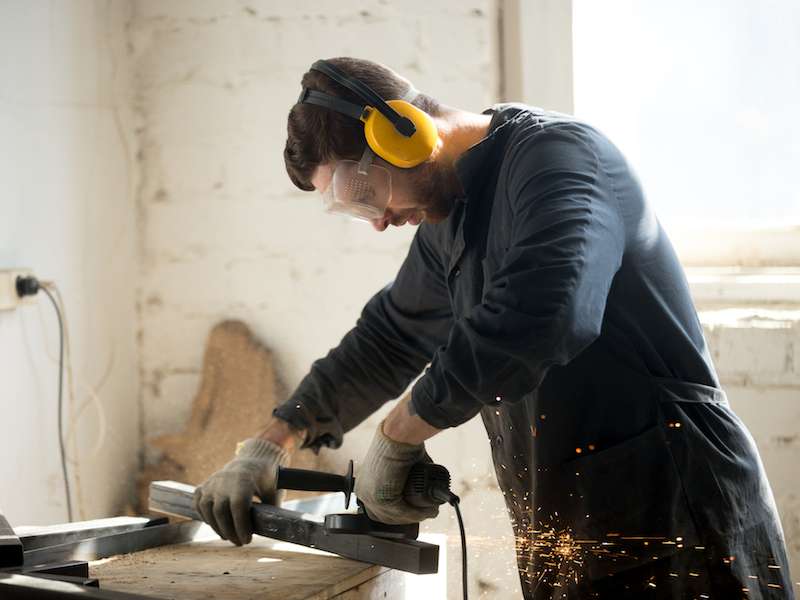
What stops your hearing protection from working correctly? Here are 3 things to watch for.
Whether you’re at home or at work, sometimes you encounter something that can impede the effectiveness of your ear protection. And that can be discouraging. After all, you’re striving to do what you’re supposed to do! You use your earmuffs every day at work; you use earplugs when you attend a show; and you stay away from your raucous Uncle Joe who is constantly shouting in your ears (although, perhaps you just don’t really enjoy Uncle Joe).
The point is, it can be rather aggravating when you’re doing everything right and still there are difficulties. Fortunately, you can take a few measures to protect yourself once you know what types of things can interfere with the performance of your ear protection. And that can ensure that your hearing protection works at peak efficiency even when you have some obstacles.
1. Using The Wrong Kind of Hearing Protection
Ear protection is available in two practical forms: earplugs and earmuffs. As the names might suggest, earplugs are small and can be pushed directly inside the ear canal. Earmuffs look like a pair of 70’s headphones, but instead of tunes, they provide protection for your hearing by blocking external sound.
- Earplugs are recommended when you’re in a setting where the noise is comparatively constant.
- When loud sounds are more sporadic, earmuffs are suggested.
The reasons for that are fairly simple: you’ll want to remove your hearing protection when it’s quiet, and that’s less difficult to do with earmuffs than earplugs. Earplugs take a little more work to put in and are easy to lose so you might find yourself needing to replace lost plugs when you need them most.
Use the right form of hearing protection in the appropriate scenario and you should be okay.
2. Your Anatomy Can Affect Your Ear Protection
There are many variables in human anatomy from person to person. That’s why your Uncle Joe has such a large set of vocal cords and you have more normal-sized vocal cords. It’s also why your ear canal may be narrower than the average individual’s.
This can cause problems with your ear protection. Disposable hearing protection is often a one size fits all mentality, or at best, a small, medium, large scenario. So, maybe you give up in frustration because you have tiny ear canals, and you stop using any ear protection.
If you find yourself in this situation, you could turn away from the hearing protection you were attempting to give yourself, leaving you in danger of hearing damage. The same thing can happen if, for instance, your ears are on the larger size, making earmuff style protectors awkward. If you’re in a noisy setting regularly, it may be worth investing in custom ear protection personalized to your ears.
3. Assess if There’s Any Wear And Tear on Your Hearing Protection
If you’re wearing your hearing protection every day, you should give yourself a pat on the back. But that also means you need to keep close track of the wear and tear your hearing protection is experiencing.
- When they lose their pliability, replace the cushions on your earmuffs.
- Wash your hearing protection. Ears aren’t really the cleanest part of your body (ear wax serves a practical purpose and all, but it’s still kind of… gross). Just make certain that you wash correctly; if you’re washing a set of earmuffs, take the earmuffs apart. Be cautious not to drop your earplugs into the drain.
- Examine the band on earmuff protection. When the elastic is worn out and the band is failing to hold the earmuffs snug, it’s time to exchange the band.
If you want to get maximum benefit, you need to perform regular maintenance on your hearing protection. It’s essential that you have a consultation with us if you have any questions on how to take care of your hearing protection or want to learn more about the things that can impede their performance.
Your hearing is important. Taking the time to protect it right is worthwhile.
